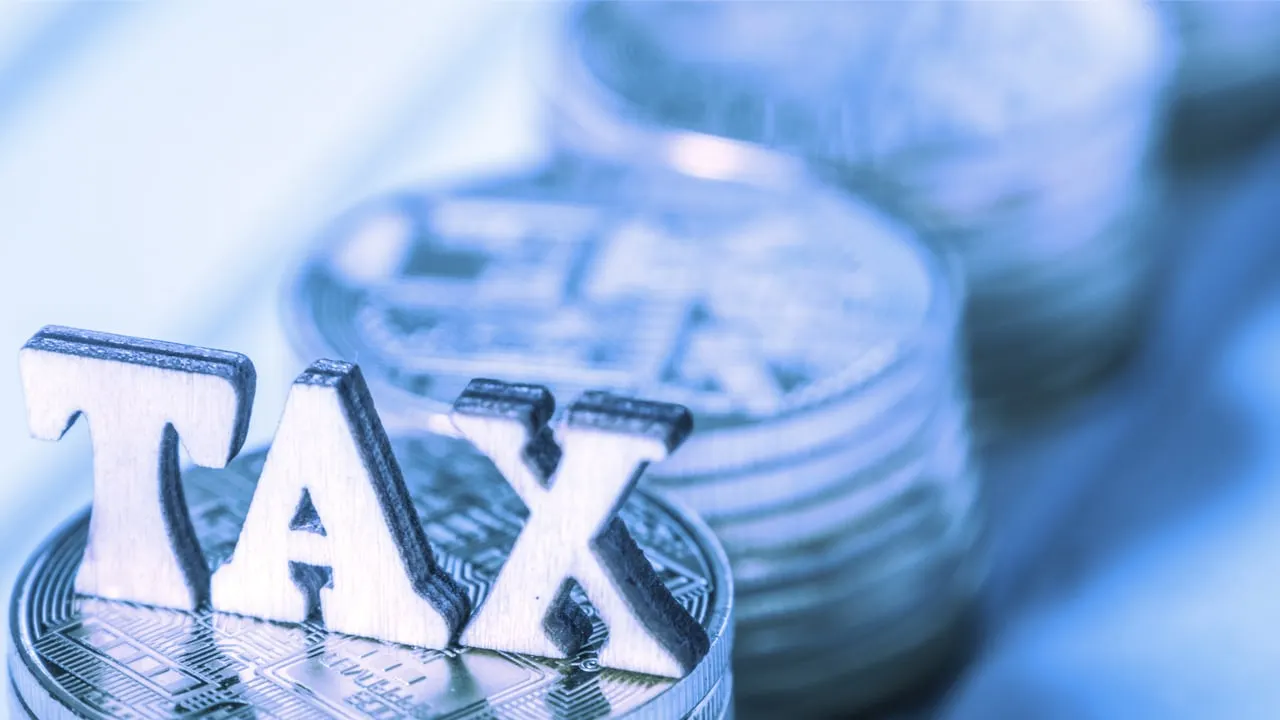In brief
- A couple sued the IRS after they were denied a refund request for taxes paid on Tezos staking rewards.
- After the lawsuit started, the IRS offered a refund.
- But the plaintiffs now want a more definitive ruling about crypto taxation.
Should a person be taxed when they receive a staking reward in the form of cryptocurrency—or when they sell it?
That's the question at the heart of a lawsuit being decided in a U.S. federal court, after a Tezos user was denied a refund request from the Internal Revenue Service on taxes owed for earning staking rewards.
The case has caused some confusion about the IRS's current stance regarding these kinds of rewards. In reality, however, the IRS has only partially capitulated, saying it would refund plaintiffs Joshua and Jessica Jarrett after all in exchange for ending the lawsuit. However, they declined the offer—they want a ruling to ensure the same thing doesn't happen to them or others in the future.
Staking refers to locking up your cryptocurrency so it can be used by the network to keep it secure and validate transactions. For those who don't plan on cashing out their coins, it's a way of earning passive income—set aside some of your coins and build a small stash in return.
Current U.S. tax policy is a tad unclear on whether these rewards are taxable. In fact, it doesn't mention staking at all. But it does say that mining rewards—using one's computing power and electricity to validate blockchain transactions in exchange for Bitcoin or another cryptocurrency—is taxable as income for its "fair market value" (i.e., the going exchange rate) on the day it is earned.
But I refused the offer, because I know that until my case receives an official ruling, I have no certainty they won’t try to tax me again. pic.twitter.com/qrHU9iR3pf
— Josh Jarrett (@nohardforks) February 3, 2022
The guidance clearly states that Bitcoin and cryptocurrencies are taxed as property. But per cryptocurrency lobbying organization Coin Center, Joshua Jarrett is "arguing that the rewards should be treated as newly created property (e.g. like ears of corn grown in a field) and therefore shouldn't be taxed until he sells them."
That's a stance that crypto advocacy groups such as Coin Center agree with, as do the leaders of the Congressional Blockchain Caucus.
To be clear, even though the IRS has in this instance offered to pay back the Jarretts for collected taxes, there's been no shift in the Treasury Department's crypto tax policy. The U.S. district court case continues, and even a positive ruling for the couple won't automatically mean stakers get to stop paying taxes.
But Coin Center and the Proof of Stake Alliance both see the IRS' offer as hopeful, with the latter group calling it a "sign that the IRS may no longer attempt to tax tokens created through staking moving forward."
Coin Center is thinking even bigger. In its eyes, an IRS backtrack could affect both staking rewards and mining rewards, both of which are "most accurately described as the creation of value through one’s own capital and labor rather than the receipt of value from an employer."
Says Coin Center, "The network allows users to create wealth from their own resources, it does not pay people for their labor."

